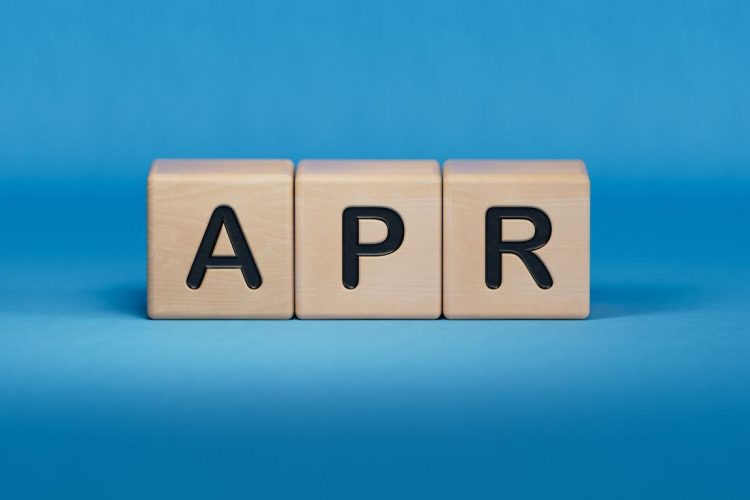When you get mortgage quotes from lenders, they will include information on the interest rate and APR. People sometimes use those terms interchangeably, but they don’t refer to the same thing. You’ll have to consider both to figure out which lender is offering you a mortgage with the best terms.
What’s the Difference Between a Loan’s Interest Rate and APR?
The interest rate is the percentage of the principal that you will have to pay a lender to borrow money. If you take out a fixed-rate mortgage with a 5% interest rate, you’ll pay 5% of the amount borrowed in interest. Your monthly payments will remain the same over the life of the loan, but the amounts that go toward principal and interest will change.
The annual percentage rate, or APR, includes the interest rate and other fees associated with a loan, such as an origination fee. If you buy discount points to secure a lower interest rate, that fee will be factored into your APR. If you take out a conventional mortgage and put down less than 20%, you’ll have to buy private mortgage insurance. That cost will also be included in your APR. Note that the APR won’t necessarily include all the fees associated with a mortgage.
Why Should You Consider Both the Interest Rate and APR?
A loan’s interest rate is important, but it doesn’t tell the whole story. Lenders sometimes offer mortgages with low interest rates and high fees that drive up the total monthly payment amount.
That means the quote with the lowest interest rate might not be your best option. A loan with a higher interest rate and a lower APR might have lower monthly payments. If you plan to stay in your house for a long time, that can add up to significant savings.
How Should You Compare Loan Offers?
Comparing the APRs for different loans can help you figure out which is the best deal overall, as long as you make an apples-to-apples comparison. For example, you should only compare the interest rates and APRs for 30-year fixed-rate mortgages.
If you have a quote for an adjustable-rate mortgage, the interest rate will most likely change in the future. That means that the APR for an adjustable-rate mortgage will be an estimate, and that estimate may turn out to be inaccurate.
How long you plan to live in your house can influence your decision. If you purchase discount points, you’ll pay an upfront fee in exchange for a lower interest rate. If you sell the house or refinance the mortgage before the term ends, paying that extra fee might not be worth it.
Lenders are required to disclose both the interest rate and APR in a Loan Estimate and a Closing Disclosure. Go over those documents carefully to figure out which company is offering you the best terms.











